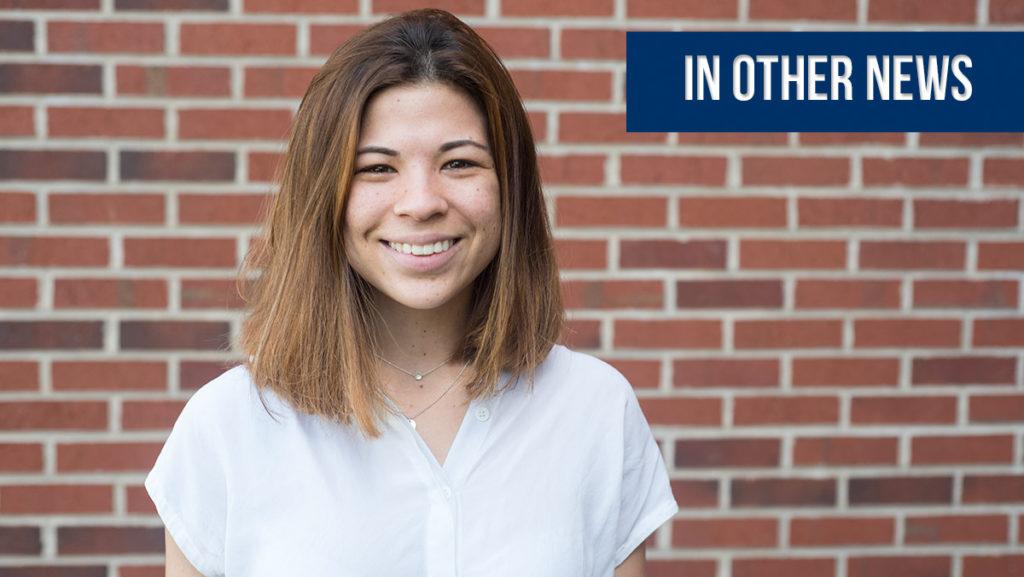For the first time in 60 years, a Castro is not the president of Cuba. On April 19, the Cuban National Assembly elected Miguel Díaz-Canel as the president of Cuba. He had been serving as first vice president of the country for the past five years.
The Cuban legacy is about to go through a change — not an ideological shift but a generational one. Díaz-Canel was born into the country’s socialist model — he was not one of the men who created it. His inaugural speech asserted the need to continue the course of the Cuban revolution. To see someone take hold of Cuba who does not practice or shape socialism as a reaction to global capitalism, but as the only economic model he’s ever known, will be an economic experiment of its own. Díaz-Canel’s administration could show the 21st century what socialism can become. The Cuban model is no longer just an effect of Castro’s regime but a transgenerational economic model.
Díaz-Canel has been known to be an incessant supporter of the Cuban revolution with little to no exposure to external economic models — or foreign policy in general — but is also known to be open-minded and approachable. He has been involved in politics since his 20s — he is now 58 years old — and has made his way up the bureaucratic ranks of the Cuban government, proving his devotion to the Castros’ vision.
When he was younger, he would condemn schoolmates for reading books not approved by the Communist party but also supported one of the country’s only gay clubs when it opened up about 10 years ago. Díaz-Canel may be a hard-line conservative socialist, but he will bring the collective concerns of Cuban people — economic growth without stifling the socialist model — to the forefront, something often overlooked by the bureaucracies of revolution, as well as Cuba’s need to remain overtly traditional.
Whether or not Cuba is about to change should not be a primary point of contention — it will evolve. Socialism in Cuba will evolve in the same way capitalism developed in almost every country in the world: through succession. The “handpicking” of Cuba’s successor is no different than how political parties in the United States groom their candidates, and the country, to take the pick that political parties need.
Former President Raúl Castro will continue to have a significant influence on political decisions to ensure that his handpicked successor continues to be groomed in the way he needs Cuba, and Díaz-Canel, to grow.




